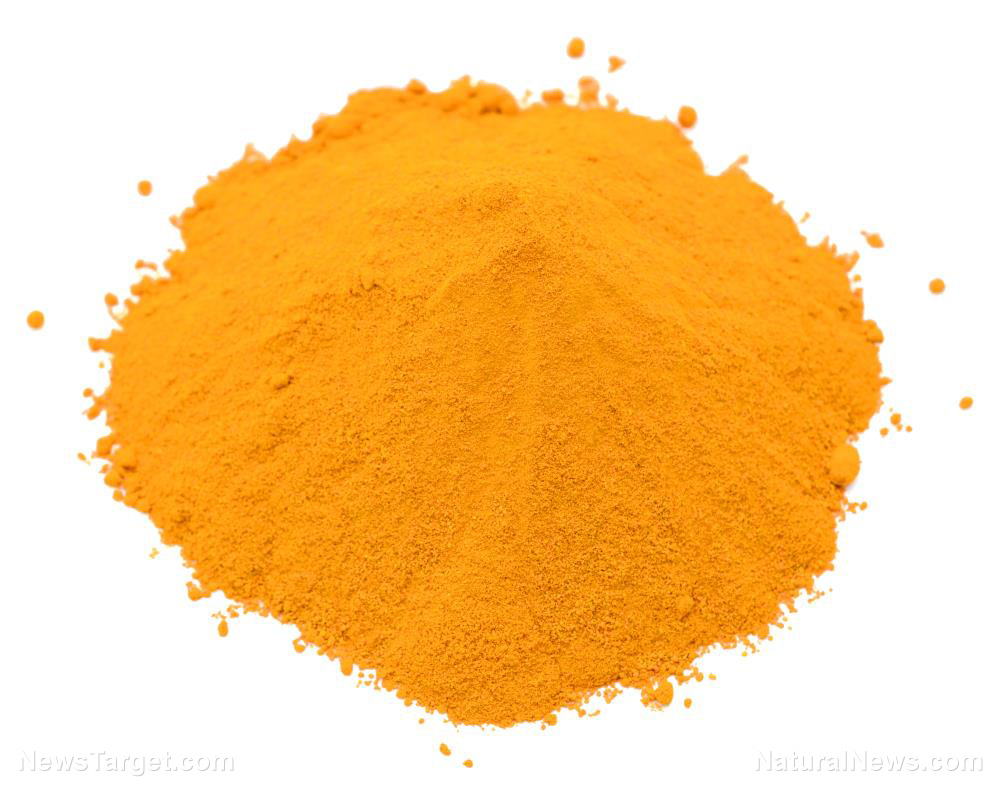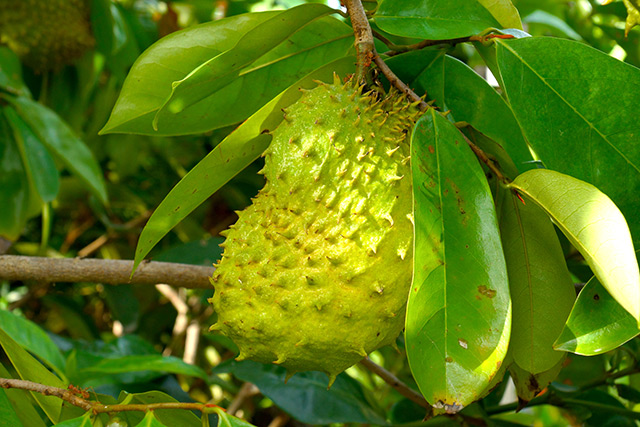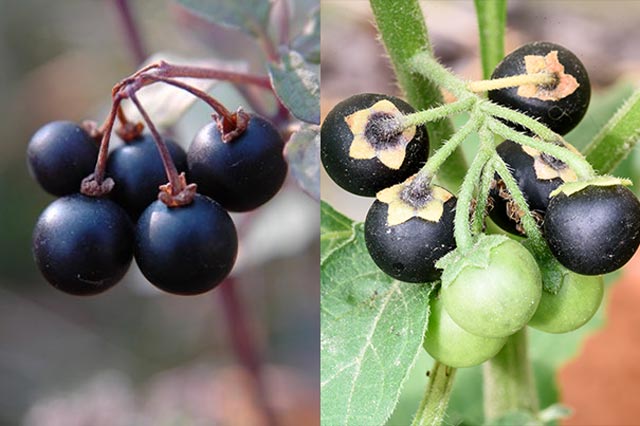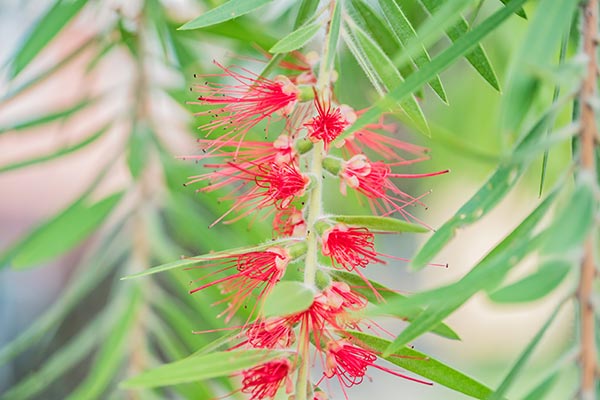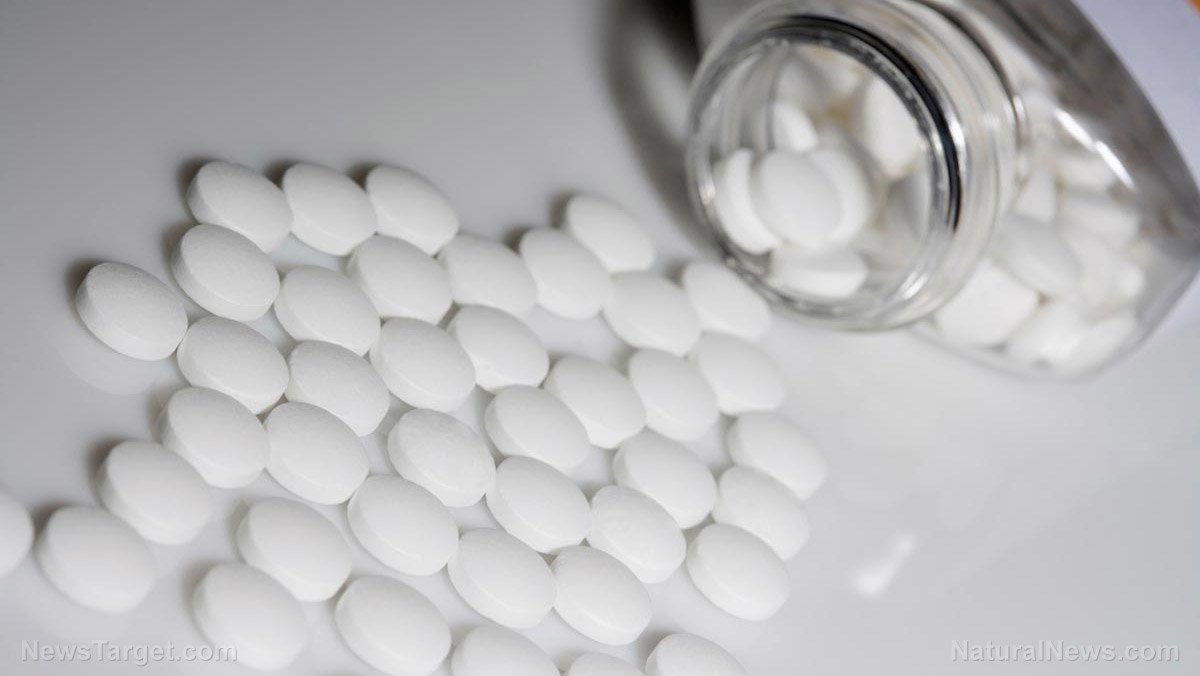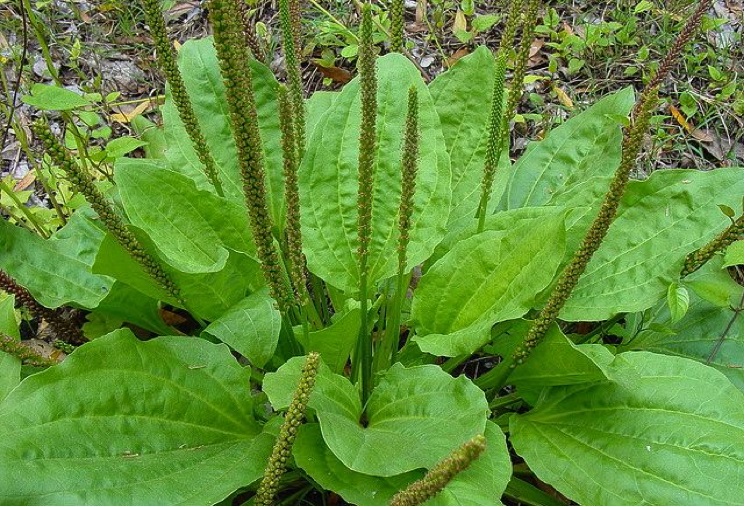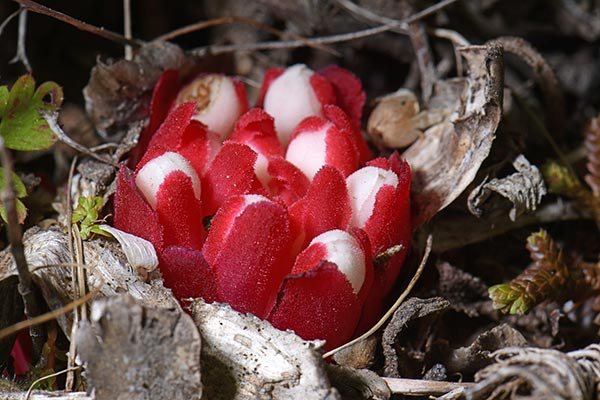Skin care 101: How essential oils help reduce acne
01/08/2020 / By Darnel Fernandez

Acne is a common skin disorder that affects most people at some point in their lives. In fact, the National Institute of Arthritis and Musculoskeletal and Skin Diseases claims that an estimated 80 percent of individuals aged 11 to 30 experience outbreaks. Acne can be found almost anywhere in your body, although it commonly develops on the face, neck, chest, shoulders and back. While acne isn’t a particularly life-threatening condition, severe cases could be quite painful and could cause emotional distress. Thankfully though, there are certain natural treatments you can use to help treat this skin condition.
Are essential oils really essential for acne?
Essential oils are compounds extracted from plants and are often inhaled through treatments like aromatherapy. However, they can also be applied topically to the skin to absorb certain plant chemicals which, in turn, could possibly help with treating acne. But before you start slathering your face with whatever essential oil you could get your hands on, Rajani Katta, a board-certified dermatologist from Texas, stresses the importance of recognizing the potential dangers of applying pure essential oils directly on the skin. (Related: Essential oils offer many health benefits.)
“It’s really important to recognize, when you apply them to your face, you do run the risk of an allergic reaction,” said Katta. “Essential oils are really highly purified extracts of plants and even though they might be all-natural, we have a saying, ‘Poison ivy is all-natural.'”
Instead, Katta recommends combining essential oils with fragrance-free lotions or a carrier oil like jojoba or rosehip oil to reduce the risk of an allergic reaction. Also, you should avoid using citrus oils like lemon, lime, and orange on the face, even in their diluted form. Katta explains that these oils contain chemicals that make you sensitive to sunlight, which could lead to rashes, swelling, and blisters.
 |
Discover how to prevent and reverse heart disease (and other cardio related events) with this free ebook: Written by popular Natural News writer Vicki Batt, this book includes everything you need to know about preventing heart disease, reversing hypertension, and nurturing your cardiac health without medication. Learn More. |
With that said, using essential oils could help with acne because of their anti-inflammatory and antimicrobial effects. Acne contains a bacteria called Propionibacterium acnes which proliferates in the sebaceous oils of the hair follicle. This bacteria plays a key role in the pathogenesis of acne and also causes inflammation all around the hair follicle. By slowing down the growth of this particular bacteria and reducing the inflammation it causes, essential oils could be a big help on the road to healthier skin.
Which essential oils should you use?
Using essential oils as a natural skin cleanser is much better for your overall health than using potentially dangerous prescription medication. Below you can find a list of good essential oils you could mix in lotions or carrier oil to help you get the clear skin you desire:
- Tea tree oil. Considered to be in the upper echelons of skin-healthy essential oils, tea tree oil harbors antibacterial, antifungal, and antiviral properties that make it a fantastic oil for fighting acne outbreaks. According to a study published in the journal Clinical Microbiology Reviews, tea tree oil was found to have a compound called terpinen-4-ol which is an effective antibacterial agent against a variety of bacteria strains.
- Oregano oil. This common household spice could act as an anti-acne oil thanks to its potent disinfectant properties. Oregano oil could cleanse the skin by speeding up the healing process of wounds. In fact, a study published in the Journal of Drugs in Dermatology looked into the wound-healing potential of oregano oil and found that this oil could also decrease bacterial infection and reduce the appearance of scars, which could help with acne scarring.
- Basil oil. This essential oil is another powerful antimicrobial oil that could nourish the skin and keep it free from germs. This protects the skin from bacteria that causes skin infections and inflammation. According to a study published in the International Journal of Cosmetic Science, extracts from sweet and holy basil have the potential to kill off Propionibacterium acnes bacteria.
Give your skin the natural treatment it deserves by using essential oils. If you want to learn more about the wonders of these oils, visit EssentialOils.news.
Sources include:
CMR.ASM.org [PDF]
Tagged Under: basil, Cosmetics, essential oils, herbal remedies, Herbs, natural health, natural products, natural remedies, Natural Treatments, oregano, remedies, skin care, skin health, skincare guidelines, Tea Tree Oil
RECENT NEWS & ARTICLES
Herbs.News is a fact-based public education website published by Herbs News Features, LLC.
All content copyright © 2018 by Herbs News Features, LLC.
Contact Us with Tips or Corrections
All trademarks, registered trademarks and servicemarks mentioned on this site are the property of their respective owners.

